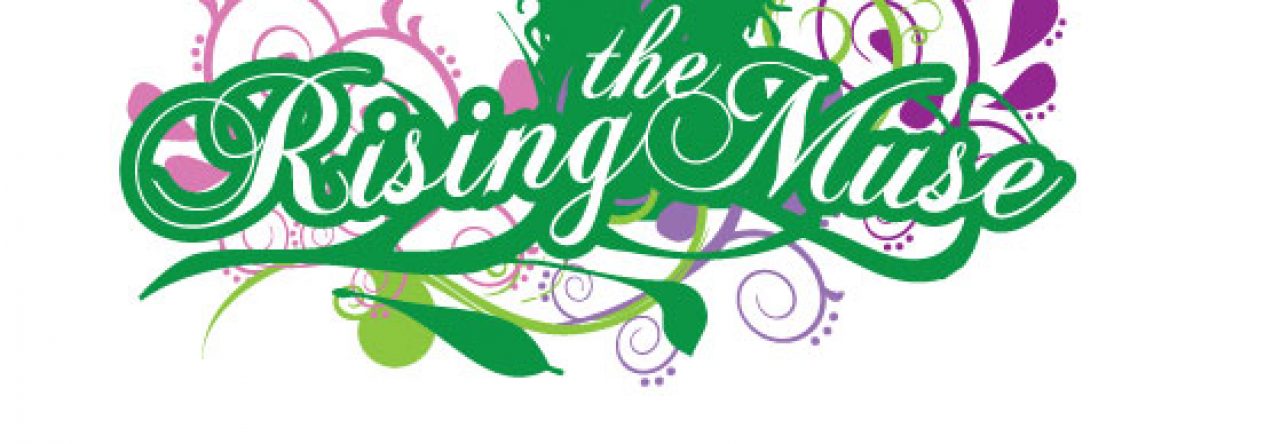Achoo!…God Bless you! This is the first knee jerk response for most people when they hear someone sneeze. Gesundheit is another word used, which is a German word that according to my friend Webster means “to wish good health”
According to my research this practice stems from a bubonic plague in Rome around AD590. Pope Gregory I, ordered unending prayer throughout the streets and since sneezing was a common symptom of the plague, people would “bless” anyone sneezing as a chant of prayer against the disease.
In looking this up I found very interesting feedback. There are some people who are actually offended by someone saying “God Bless you” to their sneeze, even some believers who commented on an article that I read that thought that the practice was superstitious. In California, a teacher even scolded a student for “blessing” another one who sneezed. Wow!
The other blessing cliché that I’ve encounter is asking elders for blessings. Culturally, as a Hispanic, I’m accustomed to be blessed by my mother or any other family authority figure (aunts, uncles, grandparents). It is taught to the children to ask for their parents blessing when gathering or departing their presence. Even as grown ups most of us still ask for our elders blessing when interacting with them. It’s a sign of respect, endearment and fellowship.
Blessing others is not far from biblical principles either. In the Old Testament we see various characters even fight for their parent’s blessing, which meant their wealth and prosperity in many cases. Read about Jacob and Esau and you will see how much a father’s blessing meant.
Personally I don’t mind being blessed; I sure can use all the ones I can get a hold of. So regardless of the setting, although it may be cliché, manners, and customs or in a deeper meaning, I don’t think that wishing someone blessings or placing blessings upon others; even strangers could be a negative thing.
So from my heart to yours…God Bless you today!
Related articles
- As Long As You’re in My Classroom, You’ll Abide By My Rules: No Blessing Anyone! (interesting12.wordpress.com)
- California Teacher Docks Points if Students Say “Bless You” (homeschoolinghelicoptermama.wordpress.com)
